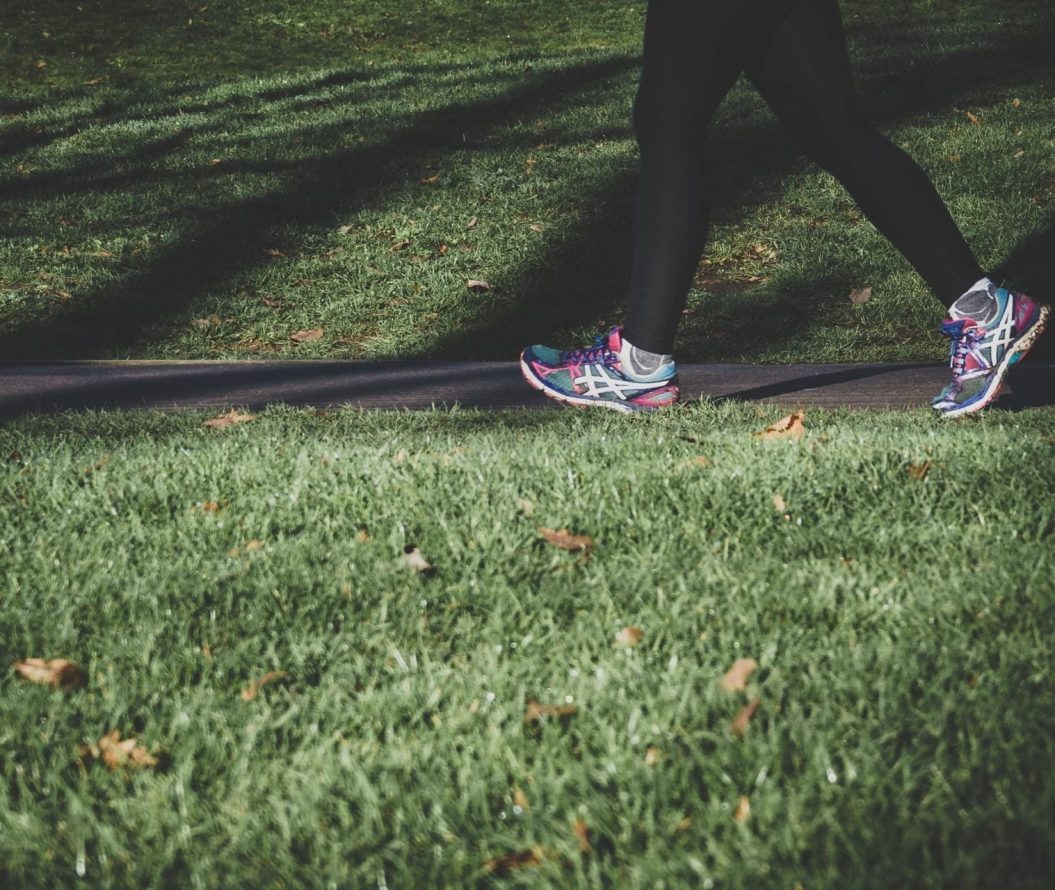Hi everyone my name is Hannah and I'm a third year student studying Biomedical Science. I'll be starting my MSc in Data Science and Applied Analytics next year. Outside of university I've really enjoyed teaching myself to crochet over the…

Blood Donor Day
Global Blood Donor Day occurs annually on the 14th of June as stated by the World Health Organisation. The event’s…
June 14, 2023,
read.

Global Blood Donor Day occurs annually on the 14th of June as stated by the World Health Organisation. The event’s purpose is to raise awareness for the need for blood donation, who can become a donor, and how easy it is to do so!
Blood donations
Blood donation is essential for helping those with chronic illnesses, traumatic injuries, cancer treatment and surviving surgery. Anyone could require a blood donation at any point in their life, however, it is essential to keep a steady flow of donated blood flowing to meet every patient’s needs.
Despite this, only around 3% of eligible people annually donate their blood. The NHS Give Blood page states that almost 400 donors are needed each day to meet demand, this quickly adds up to needing around 135,000 new yearly donors to replace those who can no longer donate due to age. Particularly, donations are desperately required from those with O-negative blood and black donors. This will allow for better blood matching and increase the likelihood of a successful blood donation.
For example, O negative is the rarest blood type, occurring in only 8% of the population. However, it’s the best blood to be donated as anyone can receive this blood type. Therefore, it’s ideal for use in emergencies where there isn’t enough time to get a person’s blood type.

Who can donate blood?
The basic requirements to give blood are that you weigh over 50kg, are aged 17-65, have suitable veins (these will be checked at the donation appointment), and are generally healthy. These are quite broad criteria and who knows if your blood could be the best match to save someone in a critical condition!
Even if your blood isn’t used directly in a blood transfusion, the blood can still be utilised in areas like advancing medical research. The blood may also not be used as whole blood. Blood is made up of many things like white blood cells, red blood cells, plasma and platelets. Each of these may be given separately to numerous patients who require different blood components for different conditions. For example, a patient with anaemia will only require red blood cells. Therefore, your one blood donation could have helped multiple people achieve a higher life quality – or saved their life!
To donate blood and become a blood donor, simply schedule your appointment using the NHS Give Blood App or register via the website linked here




